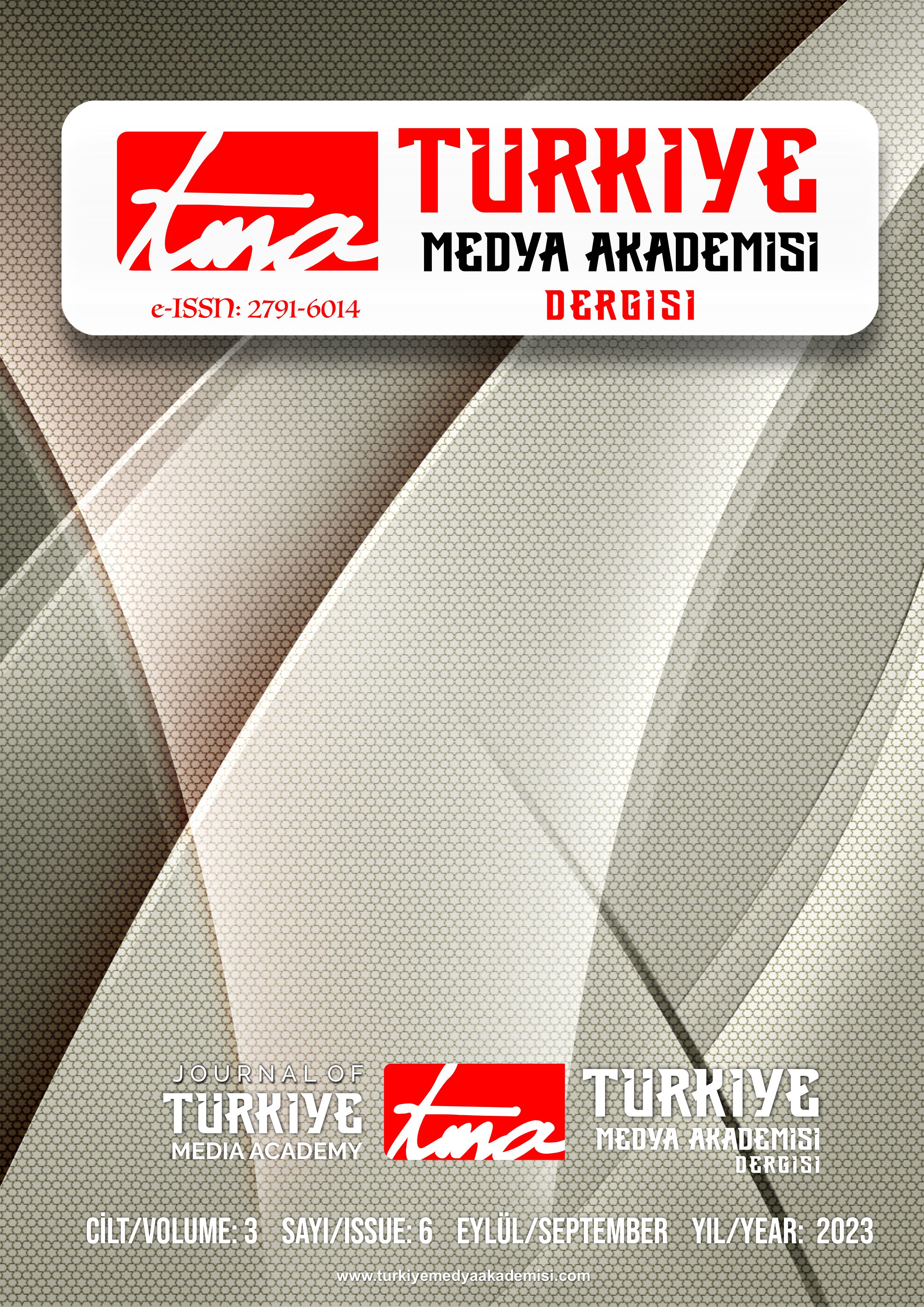MEDIA MONOPOLY IN TURKEY & FLEXIBLE LEGAL REGULATIONS
DOI:
https://doi.org/10.5281/zenodo.8378762%20Anahtar Kelimeler:
Tekelleşme, Geleneksel Medya, Dijital Medya, Regülasyon, Medya SahipliğiÖzet
The concept of monopolization, understood as the dominance in a single field, holds particular significance in the realm of media. Given its societal responsibility, concentration of power, whether in media ownership or in the viewership sphere, is an undesirable scenario. Therefore, various regulations are put in place to prevent monopolization in the media sector. This study focuses on the legal regulations related to the process of media monopolization in Turkey and examines how these regulations have evolved over time. Within this framework, regulations and rules aimed at preventing media monopolization, from the Ottoman Empire era to the present day, have been analyzed descriptively, including the provisions and subsequent changes made to these provisions. The analysis reveals that in Turkey, the regulatory process aimed at preventing media monopolization is largely confined to the audiovisual domain. It is evident that the regulatory provisions, which gained momentum with the emergence of private channels and stations in the 1990s, have been relaxed through subsequent amendments. The absence of regulatory provisions specifically addressing print media and the online environment creates a gap in the field. In the rapidly expanding digital realm, the absence of regulations targeting media ownership may, in the long run, lead to concentration of ownership in specific areas and an increase in similar content.
Yayınlanmış
Sürüm
- 10/05/2023 (2)
- 09/28/2023 (1)
Nasıl Atıf Yapılır
Sayı
Bölüm
Lisans
Telif Hakkı (c) 2023 Türkiye Medya Akademisi Dergisi

Bu çalışma Creative Commons Attribution-ShareAlike 4.0 International License ile lisanslanmıştır.


